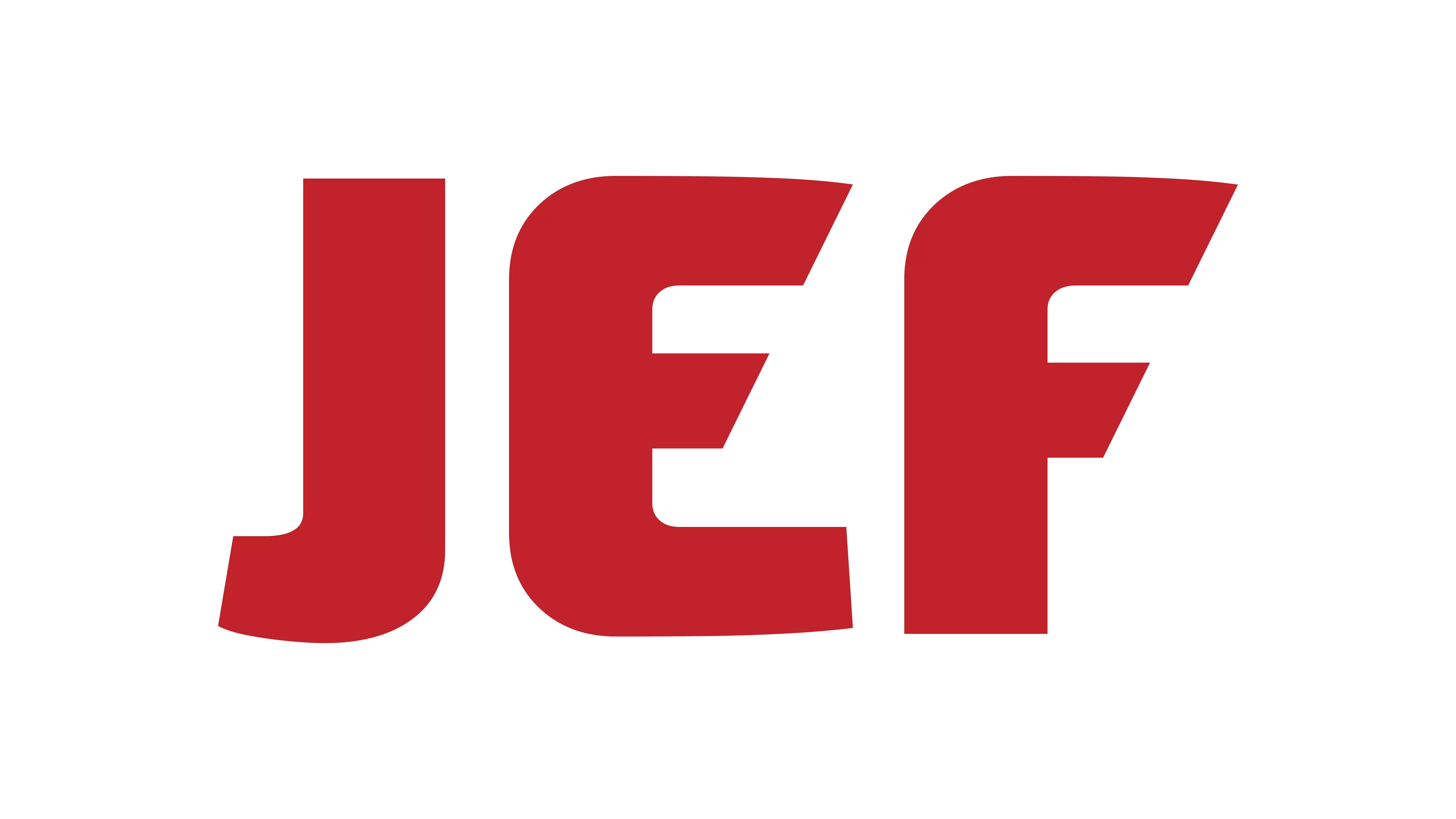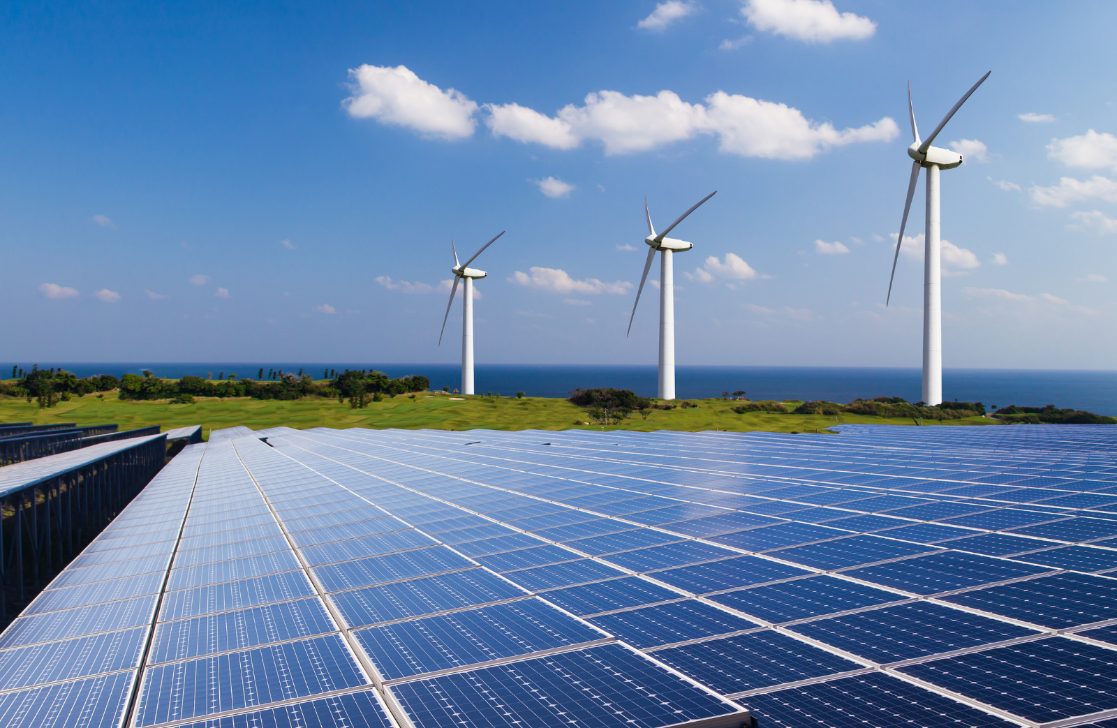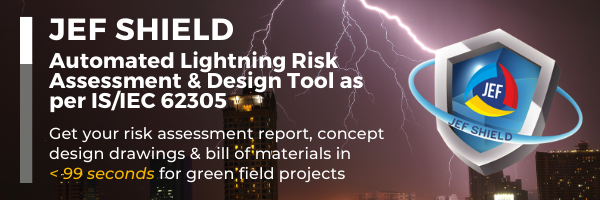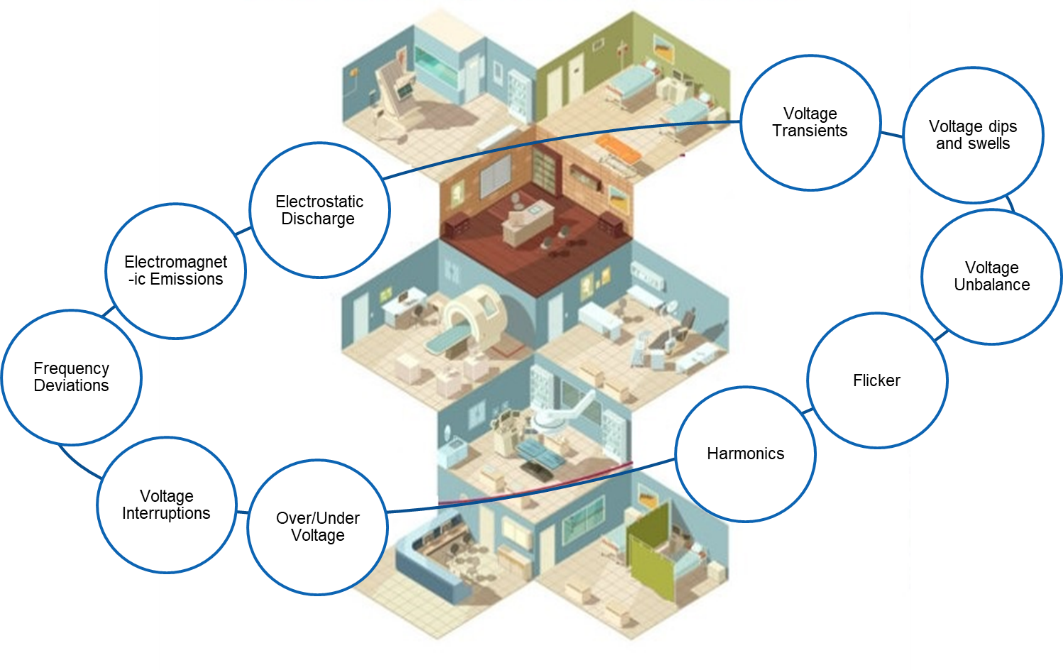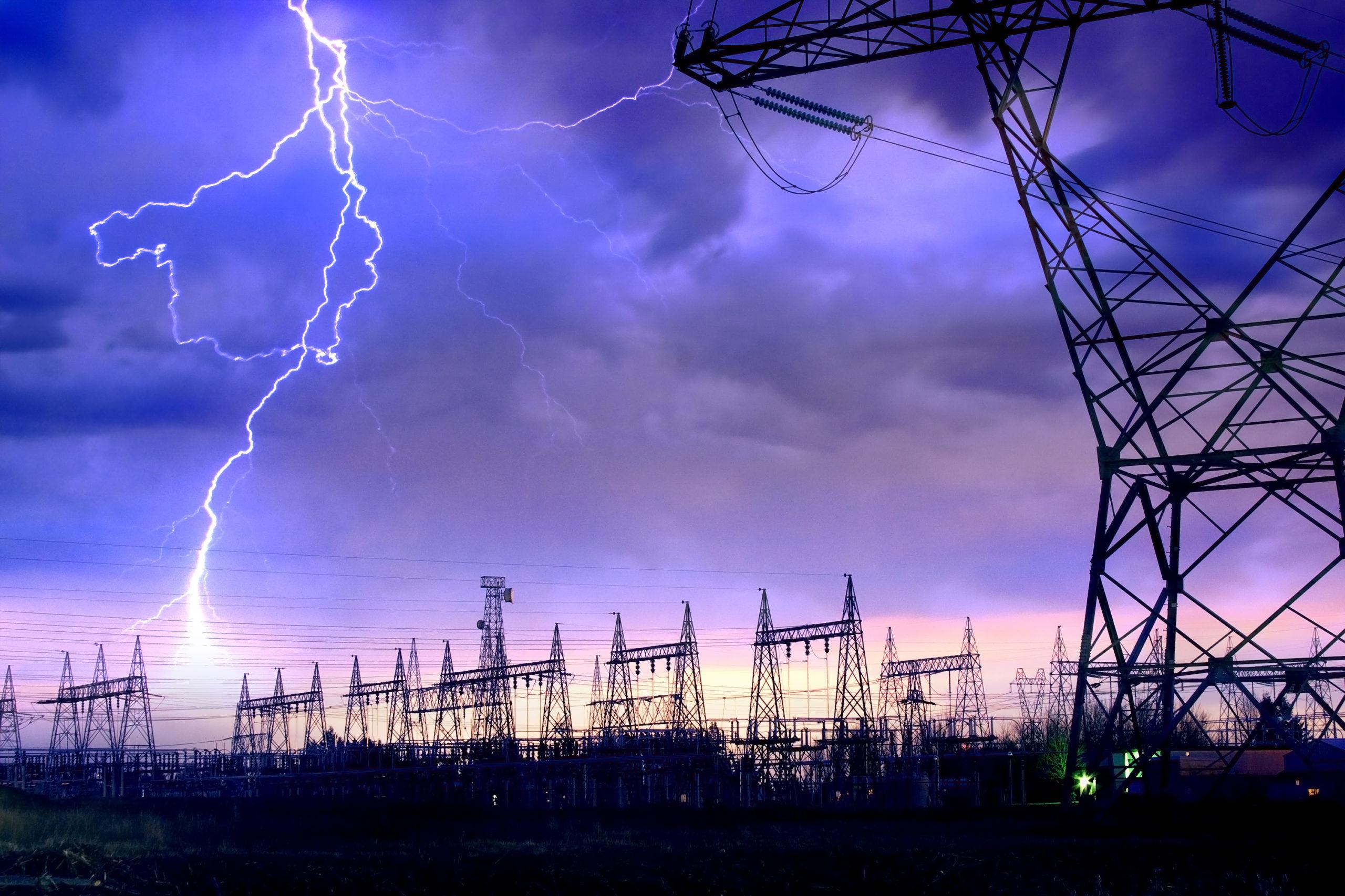Renewable and sustainable energy projects are becoming increasingly important in modern energy systems as countries worldwide strive to reduce their dependence on fossil fuels and mitigate the effects of climate change. These projects, which include wind, solar, hydro, and geothermal energy, offer a cleaner and more sustainable alternative to traditional energy sources. However, as with any infrastructure project, renewable energy plants come with their own challenges, particularly regarding electrical safety and reliability.
This blog will discuss the importance of electrical safety and reliability in renewable and sustainable energy projects, as well as the steps that can be taken to ensure the safe and reliable operation of these systems.
Importance of Electrical Safety and Reliability in Renewable Energy Projects
Electrical safety and reliability are paramount to the success of renewable energy projects as they ensure the safety of workers and the stability of the power grid. Electrical safety is essential for protecting against electrical shock and fire hazards. It involves the use of protective equipment and proper design and installation techniques. Electrical reliability, on the other hand, ensures the quality and stability of the electrical supply. This involves selecting the right components and monitoring the system to detect and prevent power outages.
Renewable energy projects are becoming increasingly complex, making electrical safety and reliability even more critical. For instance, when integrating renewable energy into existing grids, proper measures must be taken to ensure the systems are compatible and safe. At the same time, renewable energy projects can be expensive, so it's important to ensure electrical safety and reliability measures are cost-effective. This means selecting the right components, using high-quality materials, and taking preventive maintenance measures.
Steps to Ensure the Safe and Reliable Operation of These Systems
Safety Audits for Power Plant
Safety audits for power plants are a critical step in ensuring that the facility is structured and operated to minimize accidents or equipment failures. They are designed to identify and address potential threats, such as electrical hazards, fire risks, and structural deficiencies. Usually conducted by independent third-party organizations, a safety audit is a comprehensive review of the plant's design, safety systems, and operating procedures and protocols. It ensures that the plant is operating efficiently and that the necessary precautions are being taken to protect people and equipment.
Earthing system for Renewable Energy Sources
The earthing system for renewable energy sources serves as a conduit for electrical current, providing a safe and reliable path for electrical energy to flow. It protects the equipment and infrastructure from power surges, lightning strikes, and other electrical hazards. Earthing also plays an important role in maintaining the system's power quality, ensuring that the voltage and frequency remain within acceptable limits.
Lightning Protection for Renewable Energy Infrastructure
Lightning strikes can cause significant damage to equipment and infrastructure and can disrupt the power supply to the grid. Lightning protection systems are designed to intercept and divert lightning strikes away from the renewable energy infrastructure, reducing the risk of damage and disruption. These systems include lightning rods, grounding systems, and surge protectors designed to redirect electrical energy into the ground.
Power System Studies for Grid Compliance
Power system studies for grid compliance are essential in ensuring that a renewable energy project meets all the necessary regulations and standards. These studies evaluate the project's impact on the existing power grid and identify potential issues that may arise from integrating the renewable energy source into the existing system. They also assess the ability of the grid to accommodate the renewable energy source and identify any upgrades or modifications that may be necessary to ensure compliance with grid requirements.
PQ for Grid Integration
Power quality is a critical consideration for grid compliance. As renewable energy sources are often connected to the grid at a low voltage level, they may cause power quality issues such as voltage flicker and harmonic distortion. Power quality studies can help identify and mitigate these issues, ensuring that the renewable energy project complies with grid requirements. Another important aspect of grid compliance is the protection of the power grid from faults and disturbances. Renewable energy sources, such as wind and solar, have different protection needs than traditional power sources. The potential vulnerabilities can be mitigated with protective relays, fault current limiters, and other protective devices.
It is crucial to remember that compliance with regulations and standards must be met throughout the project's life, not just at the start. This can be done through regular monitoring and maintenance of the systems, ensuring they remain functional and effective.
At JEF Techno, we provide a range of solutions for renewable and sustainable energy projects to ensure that these projects are safe, reliable, and compliant with grid standards. With our expertise and experience in the field of renewable and sustainable energy, we can help you achieve your goals.
